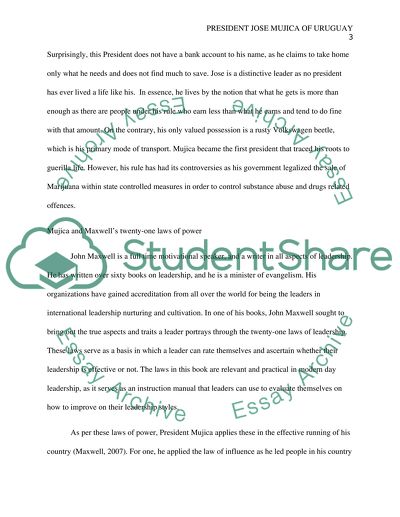Cite this document
(“A leader of your choice Research Paper Example | Topics and Well Written Essays - 2000 words”, n.d.)
Retrieved from https://studentshare.org/military/1458840-a-leader-of-your-choice
Retrieved from https://studentshare.org/military/1458840-a-leader-of-your-choice
(A Leader of Your Choice Research Paper Example | Topics and Well Written Essays - 2000 Words)
https://studentshare.org/military/1458840-a-leader-of-your-choice.
https://studentshare.org/military/1458840-a-leader-of-your-choice.
“A Leader of Your Choice Research Paper Example | Topics and Well Written Essays - 2000 Words”, n.d. https://studentshare.org/military/1458840-a-leader-of-your-choice.


